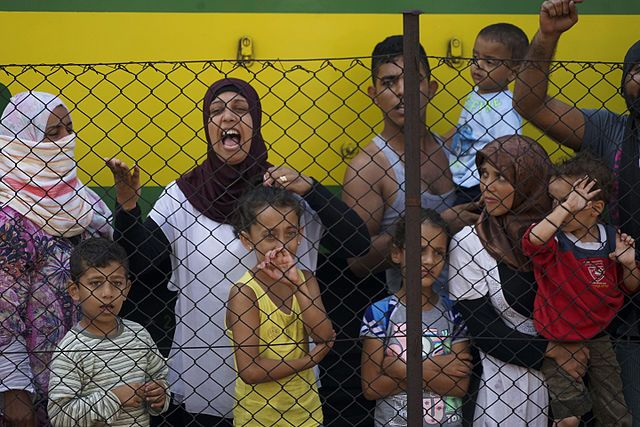Some 140,000 refugees and migrants came to Europe in November via the Mediterranean – a dip from the 220,000 who arrived in October, according to the UN High Commissioner for Refugees (UNHCR).
However, the UNHCR still called the number “very high” and reported that so far 800,000 refugees had found their way to Europe in 2015 – four times more than the total in 2014.
Few end up in Denmark, even though the police confirmed that 10,900 entered the country between November 2 and 9. The integration minister, Inger Støjberg, confirmed to TV2 News that 3,500 sought asylum in October.
A change in the weather
“The reason for the decline in the number of arrivals has to do with changing climatic conditions in the Aegean, and because Turkish authorities are cracking down on human smugglers,” said a spokesman for the UNHCR.
EU leaders signed an agreement with Turkey on Sunday to limit the flow of refugees and migrants in a crackdown on traffickers.
Help for Turkey
Turkey will receive around 22 billion kroner from the EU countries to help handle the 2.2 million Syrian refugees who are in Turkey.
At the same time, Turkey’s commitment to negotiations with the EU for membership of the union will resume.
Germany and Sweden mostly
The majority of the refugees fleeing wars and economic hard times have sought asylum in Germany and Sweden.
READ MORE: ‘No more room,’ Swedish migration minister tells refugees
Both countries now report they have reached the limit of what they can handle.
















